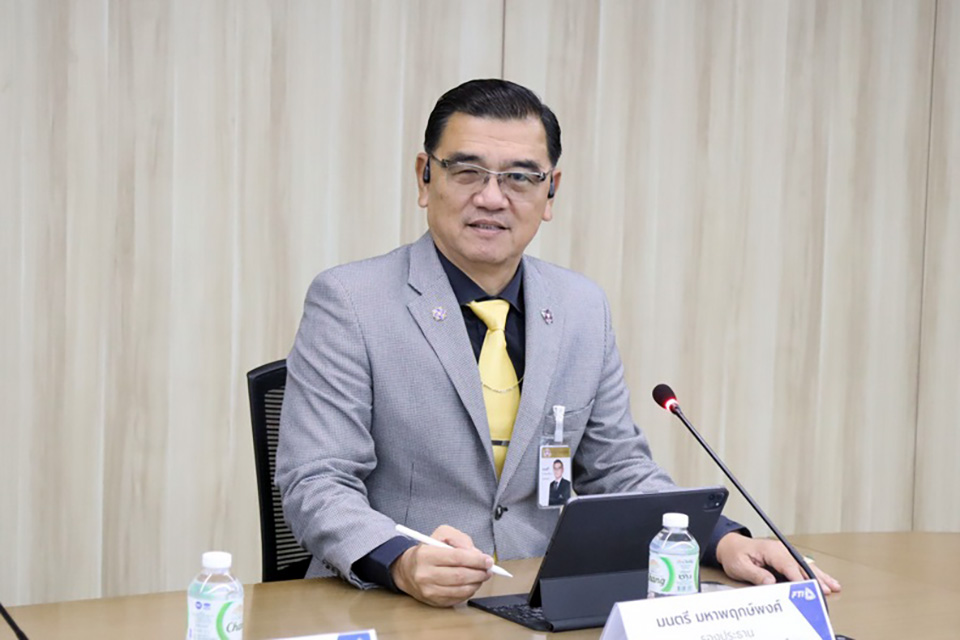
The 37th FTI CEO Poll has shown that CEOs of companies under the Federation of Thai Industries (FTI) are quite concerned about the possibility of the Monetary Policy Committee maintaining the policy interest rate at 2.5% for an extended period.
Montri Mahapreukpong, FTI Vice President, explained that these CEOs understand that the Bank of Thailand (BOT) has been making significant efforts to balance the country’s monetary policy, both in terms of the economy and in stabilizing the value of the Thai baht.
However, they opined that the increased interest rates have a significant impact on SMEs, which constitute the largest group of entrepreneurs in the country and are currently recovering from the effects of COVID-19. They are also facing the challenge of adjusting their businesses to cope with almost universally increased production costs over the past year.
The poll also indicated that the difference between loan interest rates and deposit interest rates, or the ‘Spread,’ of commercial banks is among the highest in ASEAN. This forces Thai entrepreneurs to bear higher financial costs, resulting in delayed business expansion or new investments, increased risk of financial illiquidity, and default, as well as affecting the purchasing power of the public.
The FTI has proposed that the BOT consider supervising and inspecting financial institutions in setting interest rates for both deposits and loans, including announcing a suitable Spread to help reduce financial costs for entrepreneurs.
Furthermore, it was noted that the debt resolution measures currently being implemented by the government could moderately solve the long-standing debt problems for the public, the agricultural sector, and the business sector.
For the industrial sector, it is suggested that the state introduce low-interest loans for SME entrepreneurs through state financial institutions to develop production potential and enhance financial liquidity. Additionally, it is recommended that conditions for accessing loans be made more convenient. (NNT)








